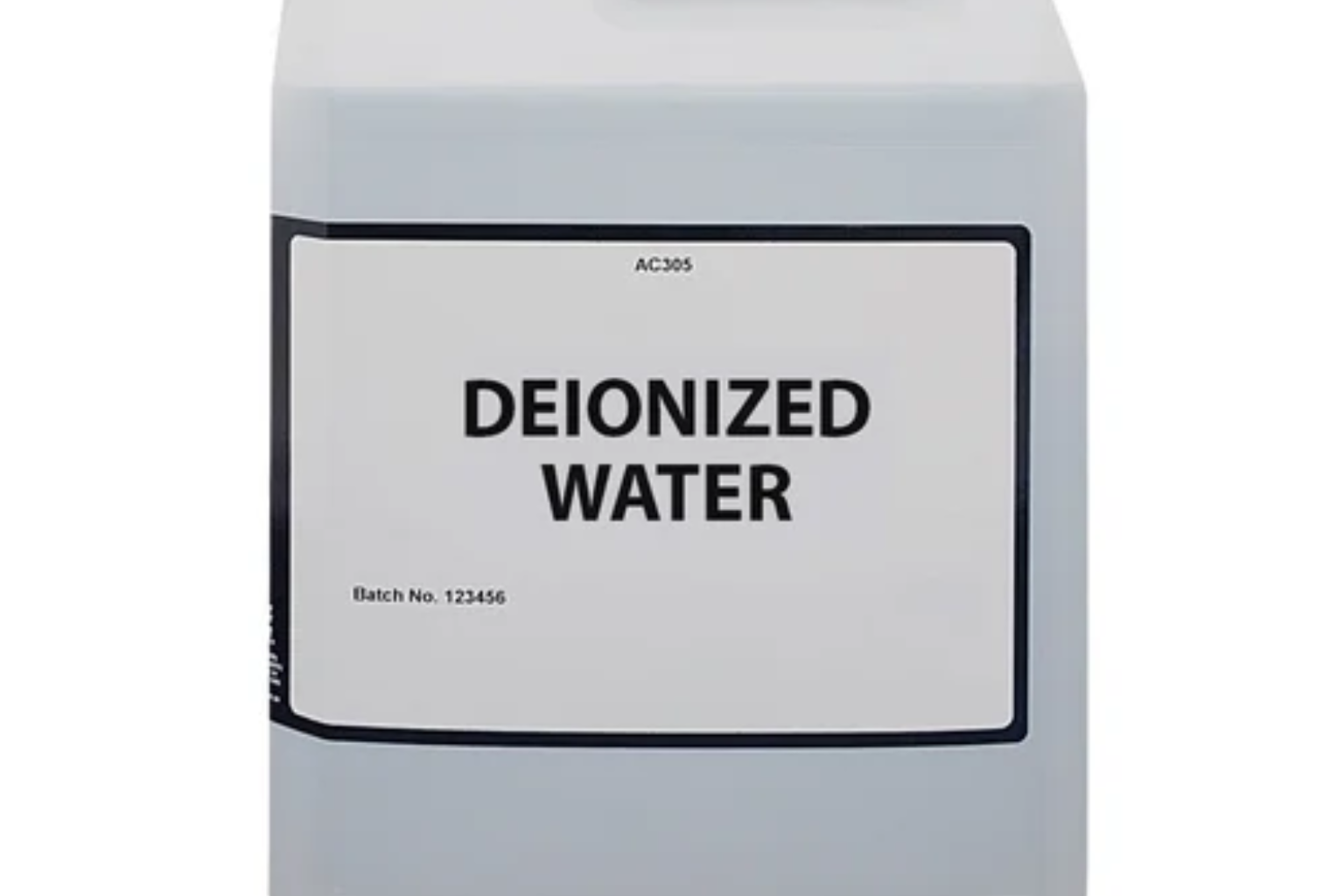Let’s be honest. Unless you’re a chemist, a car detailer, or maybe a hardcore aquarium enthusiast, chances are you haven’t spent much time thinking about deionized water. It doesn’t have the everyday familiarity of tap or bottled spring water. You’re not sipping it with your lunch or pouring it over ice. But here’s the thing—it’s quietly working behind the scenes in more places than you might expect.
And once you understand what it is, what it does, and why so many industries rely on it, you might just find yourself googling “deionized water near me” and wondering why you didn’t look into it sooner.
First Things First: What Is Deionized Water?
Think of deionized water (DI water for short) as water that’s been stripped down to its purest form. All those ions—things like calcium, magnesium, sodium, chloride—gone. Through a process called ion exchange, water is filtered through resins that remove the charged particles, leaving behind nothing but H₂O.
No salts. No minerals. No conductivity. Just… water.
It’s not distilled. It’s not filtered in the traditional Brita sense. It’s essentially water that’s been given a molecular reset.
Why So Much Fuss About Something That Sounds So Boring?
Here’s where it gets surprisingly interesting. DI water isn’t something you’d drink (more on that in a sec), but it is something that’s crucial to hundreds of daily applications. And not just in fancy labs or high-tech factories.
Car washes? Check. Rinsing with deionized water prevents those annoying mineral spots that ruin a perfect shine.
CPAP machines? Yep. Using DI water helps prevent mineral buildup in the tubing and humidifier.
Steam irons, humidifiers, batteries, aquariums, pharmaceutical production, semiconductors—you name it, DI water is there, silently making things work better, cleaner, longer.
Heck, even your windows will thank you. Professional window cleaners love DI water for streak-free results.
But Why Not Just Use Tap Water?
Glad you asked.
Tap water—while perfectly safe for most of us to drink—is filled with dissolved minerals and impurities that can interfere with sensitive equipment, precise processes, or delicate surfaces. Ever boiled water and seen those white flakes or scale forming in your kettle? That’s your tap water’s mineral content waving hello.
When you need absolute purity—no spots, no reactions, no residues—tap water simply doesn’t cut it.
That’s why for lab techs, electronic engineers, car detailers, and others, DI water isn’t a luxury. It’s a necessity.
Wait—So Is It Safe to Drink?
Technically? It’s not unsafe, but it’s also not recommended.
Deionized water lacks minerals like calcium and magnesium that are beneficial (and sometimes essential) to human health. It can taste flat or even slightly bitter. Plus, because it’s ion-free, DI water can actually pull small amounts of metals from whatever it touches—including metal pipes or containers—so it’s not ideal for drinking.
Stick with filtered or spring water for hydration. Leave the DI stuff for your tools, machines, and science projects.
Finding Deionized Water Near You (It’s Closer Than You Think)
If you’re now thinking, “Okay, cool, but how do I even get this stuff?”—you’re not alone. Many people assume DI water is some sort of specialized product reserved for scientists in hazmat suits.
But surprise—local hardware stores, aquarium supply shops, auto detailers, and even some big-box retailers stock it. You can also find refill stations where you bring your own container and fill up for a small fee—super budget-friendly if you need it regularly.
Searching deionized water near me is a good start. You’ll often find options you didn’t know existed right around the corner.
And if you use it often? You can even invest in a countertop or under-sink DI system that turns your tap water into pure, ion-free water on demand.
When It Makes Sense to Make the Switch
Not everyone needs deionized water. But if you’ve got a CPAP machine, you’re detailing your car, keeping fish alive in a reef tank, or running sensitive equipment, it’s worth considering.
And beyond the function, there’s something almost meditative about using pure water. No spots. No streaks. No residue. Just clarity.
In a world packed with additives, flavorings, and complex gadgets, there’s something kind of lovely about a product that’s nothing but itself—clean, quiet, and effective.
Final Pour
Deionized water may not have the everyday appeal of a cool glass from the fridge, but don’t underestimate it. It’s behind the shine on your car, the clarity of your aquarium, and the flawless function of some of your most trusted machines.
And the best part? You don’t have to be a chemist to use it. You just have to know where to look—and what it can do for you.
So next time you spot that streak on your window or wonder why your iron keeps leaving spots, think beyond the bottle. Think deionized. It’s cleaner than clean—and it’s ready when you are.

